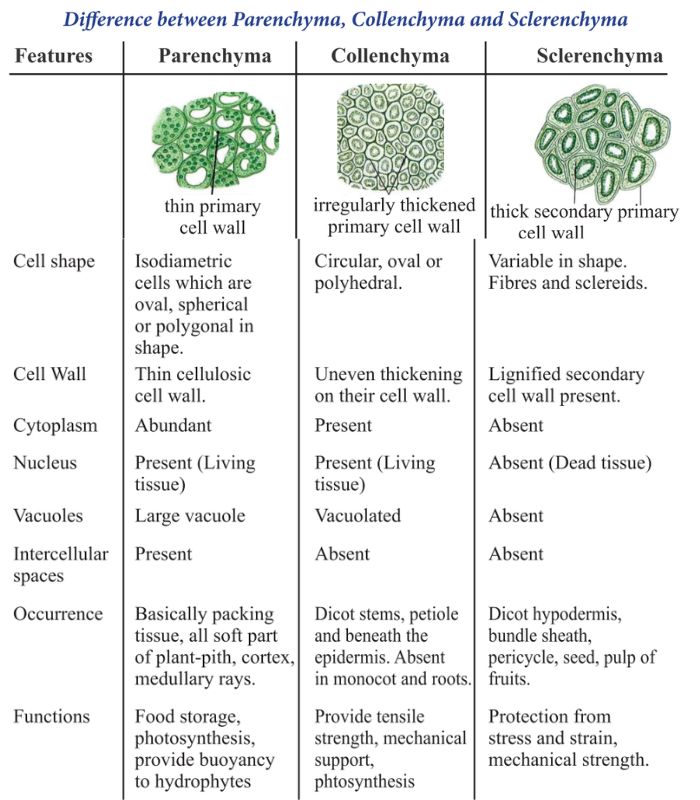The tissue responsible for movement in our body is muscular tissue. 💪
Types of Muscular Tissue:
- Skeletal Muscles – Help in voluntary movements (e.g., walking, running).
- Smooth Muscles – Control involuntary movements (e.g., digestion, blood vessel contraction).
- Cardiac Muscles – Found in the heart, responsible for heartbeat.
Thus, muscular tissue enables body movements and essential functions!

Interesting Facts About Muscular Tissue
- Made of Muscle Fibers – Muscular tissue is composed of long, elastic fibers that contract and relax to produce movement.
- Works with the Nervous System – Muscles receive signals from the nervous system to control voluntary and involuntary movements.
- Energy-Intensive – Muscles require ATP (energy) for contraction, which is produced by cellular respiration.
- Self-Contracting Heart Muscles – Cardiac muscles contract automatically without brain signals, keeping the heart beating continuously.
- Largest Muscle – The gluteus maximus (buttock muscle) is the largest muscle in the human body.
- Strongest Muscle – The jaw muscle (masseter) is the strongest based on force.
- Smooth Muscles Never Tire – Found in organs like the stomach and intestines, they keep working without fatigue.
Related FAQs
🔹 Muscular tissue is a specialized tissue responsible for movement in the body. It helps in locomotion, posture maintenance, and involuntary movements like heartbeat and digestion.
🔹 The three types of muscular tissue are:
✅ Skeletal muscle – Voluntary muscles attached to bones for body movement.
✅ Smooth muscle – Involuntary muscles found in internal organs like the stomach and intestines.
✅ Cardiac muscle – Involuntary muscle found in the heart, responsible for pumping blood.
🔹 Skeletal muscle tissue is responsible for voluntary movement like walking, running, and lifting objects. It works with the skeletal system to facilitate motion.
🔹 Muscles contract and relax in response to nerve signals. Skeletal muscles work in pairs—one contracts while the other relaxes—to produce movement.
🔹 Voluntary muscles (skeletal muscles) are controlled by our will (e.g., moving arms, legs).
🔹 Involuntary muscles (smooth & cardiac muscles) work automatically without conscious control (e.g., heartbeats, digestion).
🔹 Muscular tissue works with:
✅ Nervous tissue (sends signals for contraction).
✅ Connective tissue (tendons attach muscles to bones).
✅ Skeletal tissue (provides a framework for movement).




